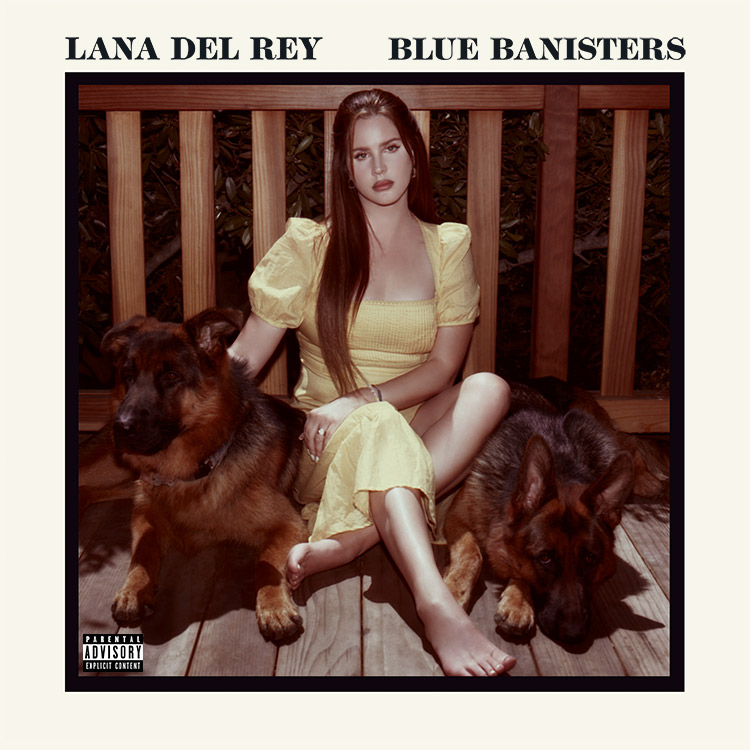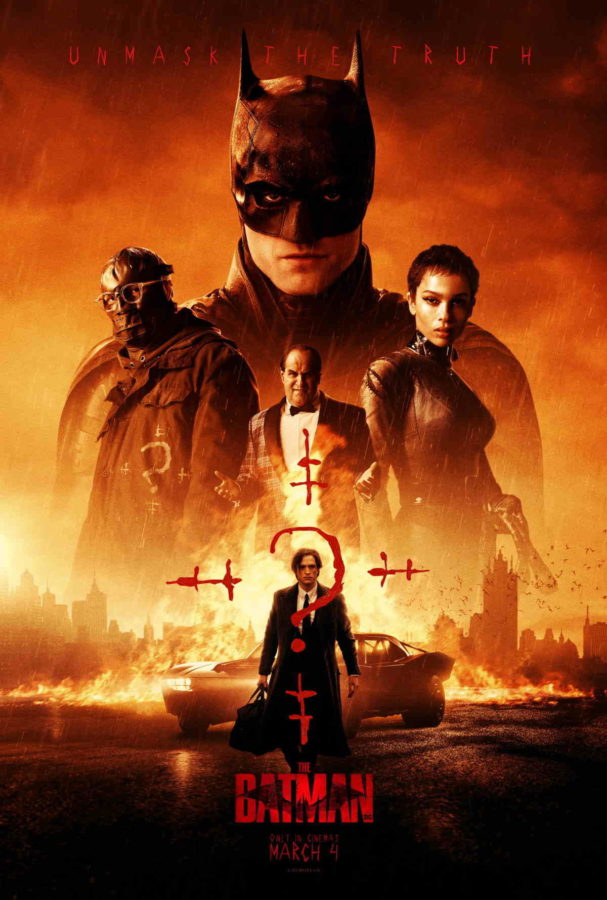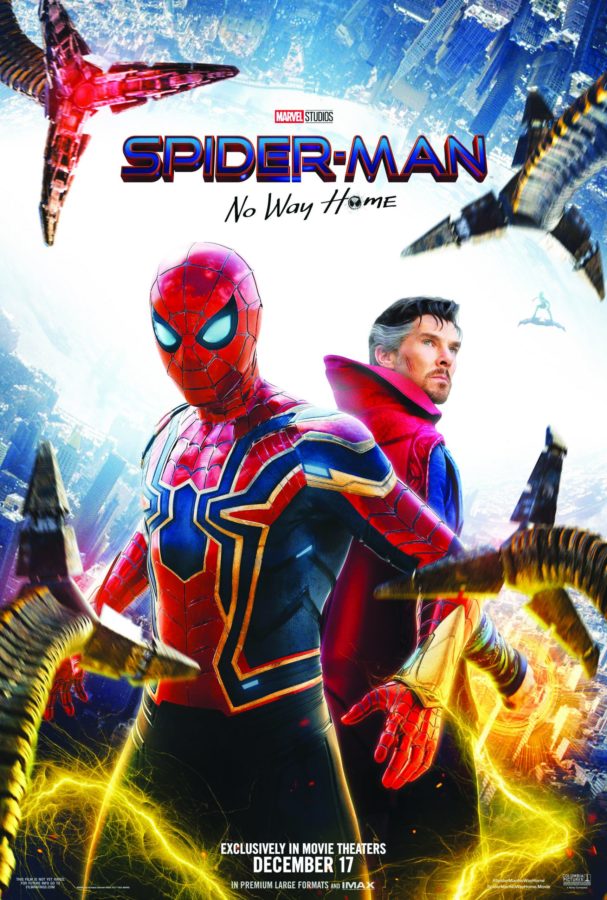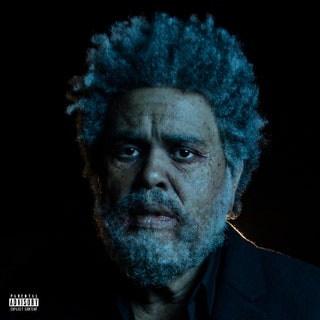
After purchasing the film rights to Lois Lowry’s award-winning children’s book, Jeff Bridges has struggled with funding for nearly two decades to create a movie version of “The Giver.” Readers were finally rewarded for their patience on Aug. 15 when the film was released in theaters across America.
“The Giver” focuses on a young man named Jonas (Brenton Thwaites) who lives in a town where everything is, literally, black and white. In this colorless world, the citizens take daily injections that numb them to any pain or emotion, and everyone is under constant surveillance. Strict daytime schedules along with verbal rules demanding politeness, truthfulness and precision of language must be adhered to at all times.
The opening scenes show Jonas talking to his two friends Fiona (Odeya Rush) and Asher (Cameron Monaghan) about his anxiety concerning which job the elders will give him at the community’s annual ceremony. While his friends are tasked with the jobs they had hoped for, Jonas is given the mysterious job of Receiver, meaning that he must carry the burden of long-forgotten memories of the past in order to advise the town’s council of elders.
At first glance, A-listers such as Meryl Streep, Jeff Bridges and Katie Holmes filling up the credit screen, albeit as minor characters, would seem to incite positive feedback from critics. Yet, standing at a mere 32 percent on the Rotten Tomatoes website, apparently “The Giver” did not give enough.
Joining the ranks of its teen-dystopian counterparts “The Hunger Games” (2012) and “Divergent” (2014), critics denounce “The Giver” as being “unoriginal” and “too late to the game.”
Indeed the same horrendously clichéd love story that has plagued almost every fictional young adult movie up until now weasels its way into “The Giver.” Eighteen-year-old Jonas and Fiona share many tender romantic moments when in the book they are merely shy 12-year-old friends.
Yet even with all the added action scenes and drama, the movie offers viewers something that the book did not: closure. While Lowry’s vague end to the book left many middle-schoolers, such as myself, in frustration, I knew that this visual retelling could not be so cruel. Thankfully, I was not wrong.
Without revealing any spoilers, the sense of finality this movie brings is something that only kids like me who have waited all these years for the movie to come out can truly appreciate.
Overall, this film was a beautiful tribute to humanity filled with a variety of meaningful montages and cultural clips. If you avoid getting huffy over the little details, the movie is actually very true to the book’s final takeaway message which pays tribute to love, family and freewill.






























